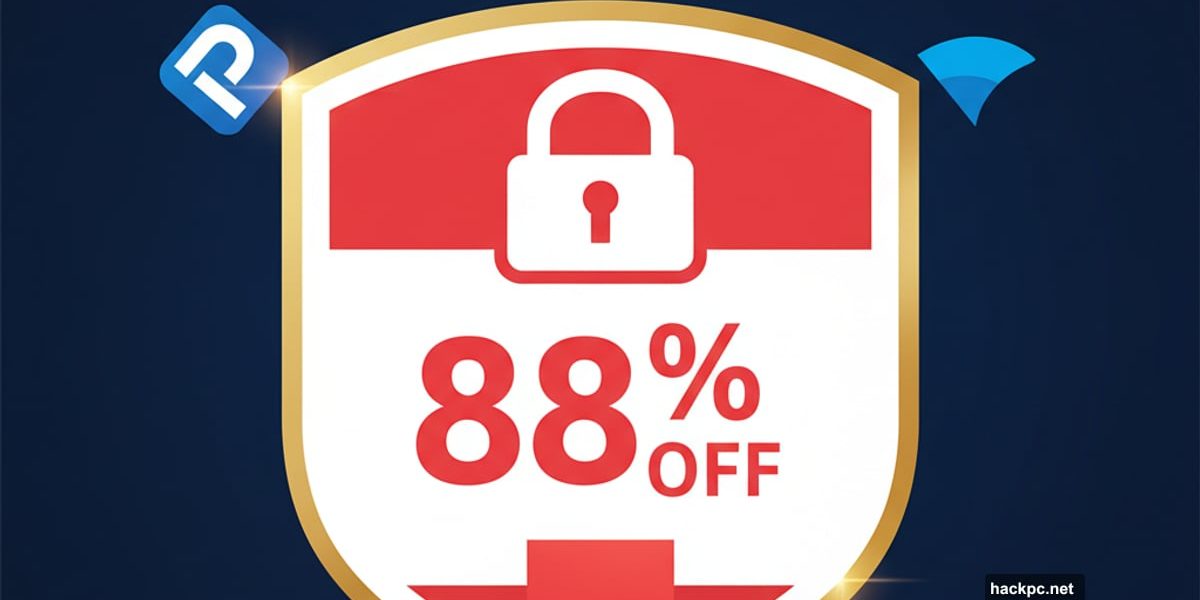
VPN companies are practically giving their services away this year. But these discounts hide some catches worth knowing about.
Most VPN providers slash prices by 70-80 percent for customers who commit to two or three years upfront. That sounds great until you realize the renewal costs jump back up. Still, if you’ve been considering a VPN for privacy, streaming foreign content, or protecting your data on public Wi-Fi, now’s genuinely the best time to buy.
Let me walk you through the deals that actually matter, plus the fine print nobody talks about.
Proton VPN Leads the Pack
Proton VPN stands out as the most complete package right now. For $119.76 over 24 months, you’re paying roughly $5 per month instead of the usual $9.99.
What makes Proton special? It’s the only VPN implementing full-disk encryption. That means even Proton itself can’t see your traffic. Plus, it works smoothly across every device type, which matters more than most people realize when you’re protecting phones, laptops, and tablets simultaneously.
The speeds stay fast too. Even connecting to servers across the world barely slows your internet. For families or anyone juggling multiple devices, Proton makes the most sense right now.
NordVPN Splits Into Useful Tiers
NordVPN recently restructured its pricing, and honestly, it’s clearer now than before.
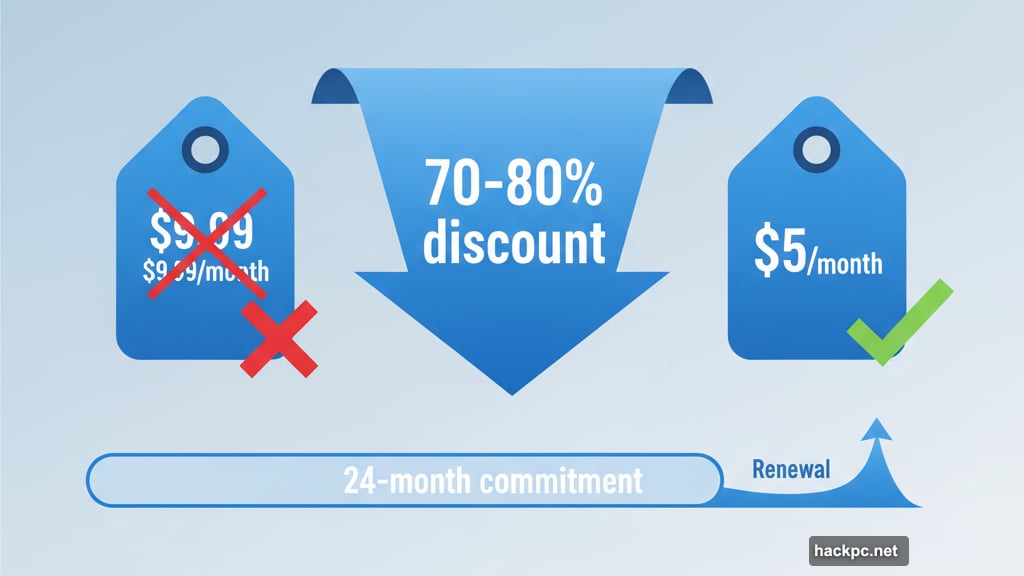
The Basic plan costs $80.73 for 27 months (that’s two years plus three free months). That’s 74 percent off and includes everything essential. Fast speeds, reliable connection switching, and servers that connect you directly to Tor if you need extra anonymity.
However, the Plus plan deserves attention at $105.03 for the same period. For only $24 more, you get NordPass password manager, aggressive ad blocking, and dark web monitoring that alerts you when your data appears in breaches. That’s legitimately useful stuff, not just marketing fluff.
One downside? NordVPN is shutting down Meshnet, which let you create private networks between devices. If you relied on that feature, consider alternatives.
ExpressVPN Finally Offers Real Savings
ExpressVPN has always been expensive. But this 73 percent discount makes it competitive again.
At $97.72 for 28 months, you’re paying about $3.50 monthly. ExpressVPN excels at the basics – it successfully changed virtual locations 14 out of 15 times in testing, and it barely impacts download speeds (less than 7 percent slower in most cases).
The interface works perfectly for beginners too. Everything’s straightforward across all platforms, with no confusing menus or buried settings.
The Advanced tier adds the ExpressVPN Keys password manager, better ad blocking, and 12 simultaneous connections instead of the usual 10. It costs $125.72 for 28 months. Worth it if you need those extras, but the Basic plan handles VPN duties perfectly fine.
Surfshark Brings Creative Features
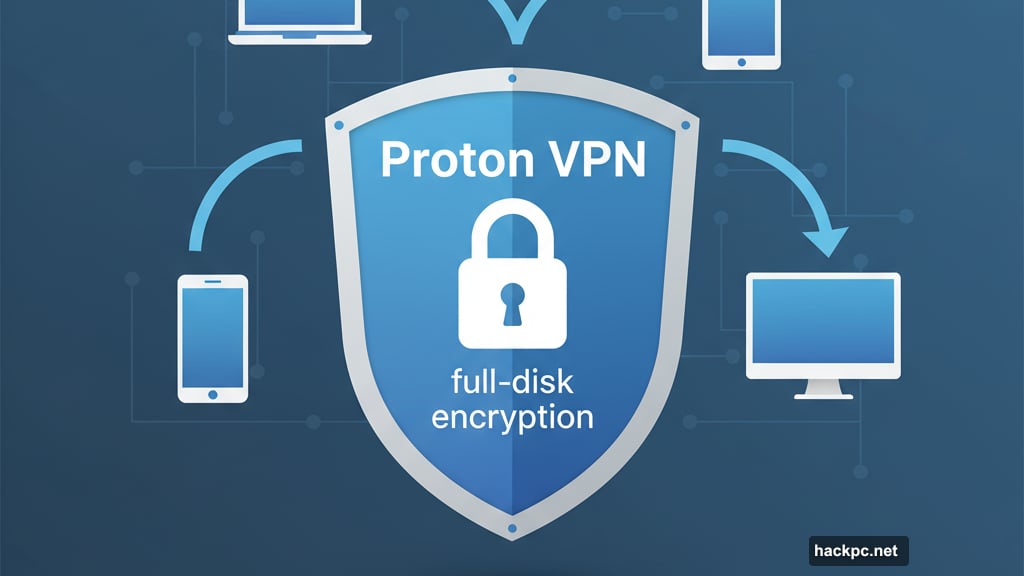
Here’s where things get interesting. Surfshark costs just $53.73 for 27 months at the Starter level. That’s 87 percent off, making it about $2 per month.
But Surfshark isn’t just cheap. It offers features other VPNs don’t match. The service can rotate your IP address constantly, making it harder for websites to track you. You can even choose your own entry and exit nodes for double-hop connections, routing traffic through two separate countries.
Despite all that complexity, speeds stay fast. The impact on your connection is barely noticeable.
Surfshark One bumps the price to $59.13 for 27 months (88 percent off) and adds antivirus scanning plus data breach alerts. If you want comprehensive protection beyond just VPN service, that’s a solid upgrade.
The Budget Options Worth Considering
CyberGhost offers exceptional automation at $56.94 for 26 months (83 percent off). Its Smart Rules system lets you program exactly how it behaves on different Wi-Fi networks. Connect automatically at coffee shops, disconnect at home, or get asked what to do each time.
The streaming servers work well too. Video quality improves noticeably when using CyberGhost’s optimized servers for Netflix, BBC iPlayer, or other streaming services.
Private Internet Access (PIA) goes even cheaper at $79 for 39 months. That’s barely over $2 monthly. Speeds can fluctuate more than premium options, but you get solid features including custom DNS servers and ad blocking. For basic privacy needs, PIA delivers.
Hide.me deserves mention too at $69.95 for 26 months (73 percent off). It’s actually the best free VPN available, and the paid version expands on that strong foundation with more servers and simultaneous connections.
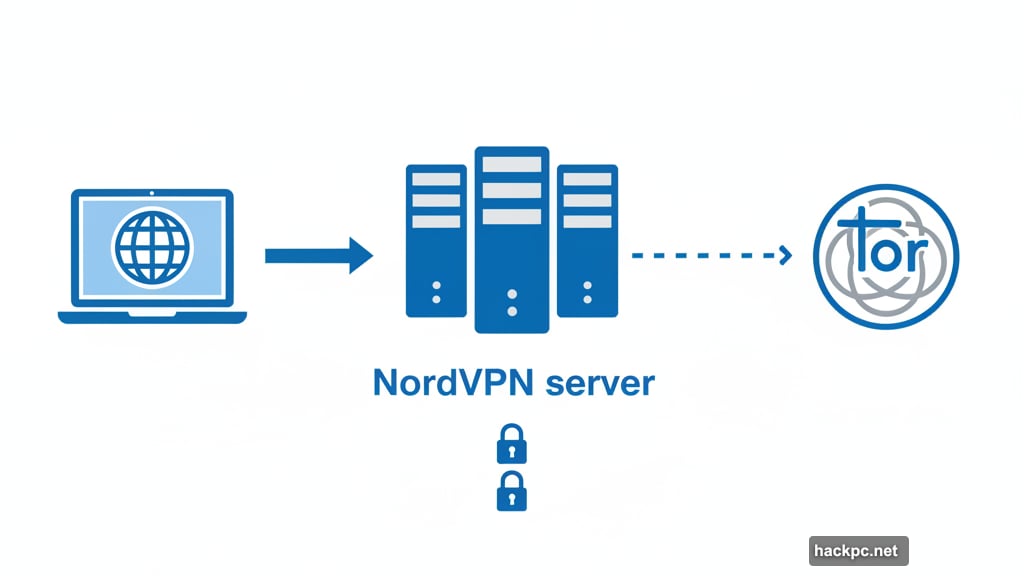
The Renewal Trap Nobody Warns You About
Here’s what VPN companies won’t advertise loudly: these introductory rates don’t last forever.
When your two-year subscription ends, the renewal often costs significantly more per month. You typically can’t get those extra free months again either. Some providers won’t even let you renew for the same period – your two-year intro might only renew as a one-year plan.
So before committing, check the renewal pricing. Calculate what you’ll actually pay monthly after year two or three. If that number makes you uncomfortable, the “deal” isn’t as good as it looks.
Also, most VPN providers auto-renew by default. Set a calendar reminder for a month before renewal. That gives you time to cancel if you don’t want to continue, or negotiate a better rate by threatening to leave.
What Actually Matters in a VPN
Don’t get distracted by server counts or fancy marketing terms. Three things determine whether a VPN works well:
Speed impact matters most. A VPN that cuts your download speeds by 50 percent isn’t useful, no matter how cheap. Look for services dropping speeds less than 10-15 percent.
Connection reliability comes second. If the VPN fails to unblock streaming sites or can’t maintain stable connections, it’s worthless. Services like ExpressVPN and Proton VPN succeed 90+ percent of the time at changing your virtual location.
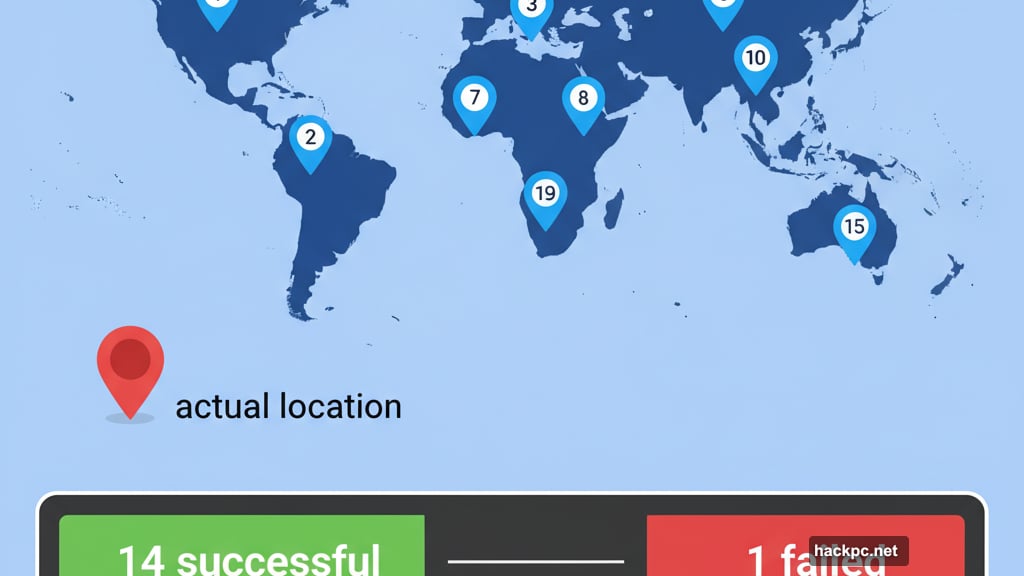
Privacy practices determine trust. Full-disk encryption, no-logs policies, and independent audits show which companies actually protect your data versus just claiming they do. Proton VPN leads here, but NordVPN and ExpressVPN also maintain strong privacy standards.
Everything else – extra servers, fancy features, bundled password managers – only matters if those three fundamentals work properly.
My Honest Take on These Deals
The discounts are real and worth taking advantage of. But commit carefully.
For most people, Proton VPN at $119.76 for two years offers the best balance of privacy, speed, and usability. It works great across all devices and actually protects your data the way a VPN should.
Surfshark makes sense for anyone on a tight budget who still wants solid features. At barely over $2 monthly, it’s almost free while still working well.
ExpressVPN suits beginners who prioritize ease of use over everything else. The interface removes all friction, which matters more than enthusiasts sometimes admit.
Whatever you choose, commit to at least two years if you’re going to subscribe at all. Paying monthly costs 3-4 times more over the same period. The upfront cost stings, but the math works out heavily in your favor.
Just remember – set that renewal reminder. These companies count on you forgetting and auto-renewing at full price. Don’t let them win.

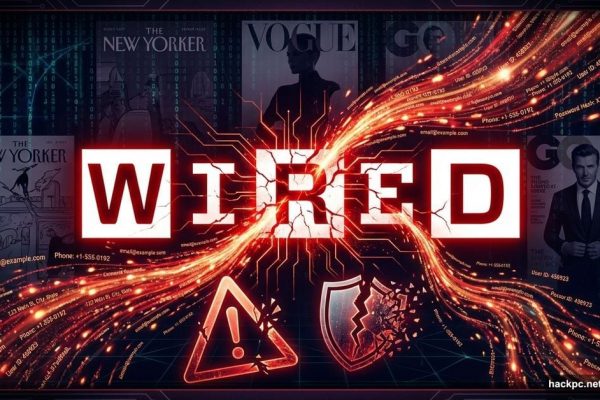
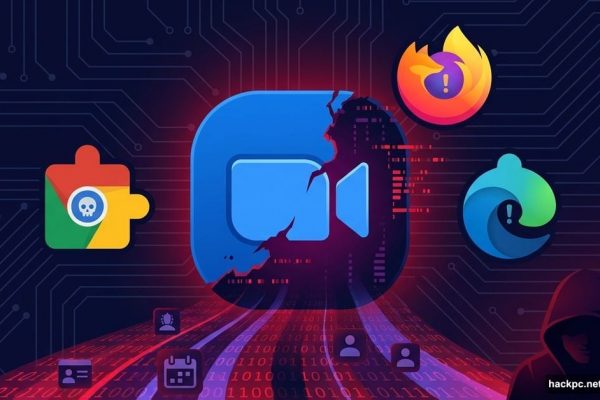
Comments (0)